This 'n' That exhibition showcased the skills of the workshop masters
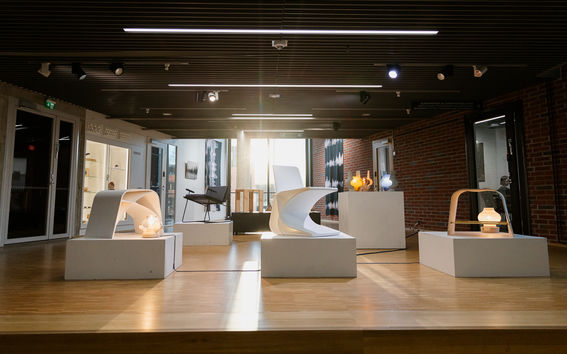
Workshops are a vital part of education at the School of Arts, Design and Architecture, combining pedagogy with hands-on practice. Skilled workshop masters maintain the workshop environments and guide both students and staff in their use.
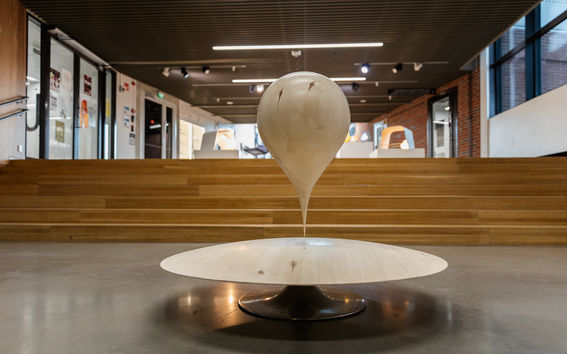
The purpose of the workshop masters’ exhibition was to highlight their deep expertise and close-knit community. Maria Mastola, workshop development specialist and workshop master from the metal workshop, says that organizing a joint exhibition had been the workshop masters’ dream for the past 15 years.
“This exhibition is incredibly important to us, both as a community and as individuals. Each of us loves our work and wants to share our skills and expertise with others.”
The same workshop masters have been part of the school for a very long time, accumulating extensive knowledge and experience with various pilot projects and materials.
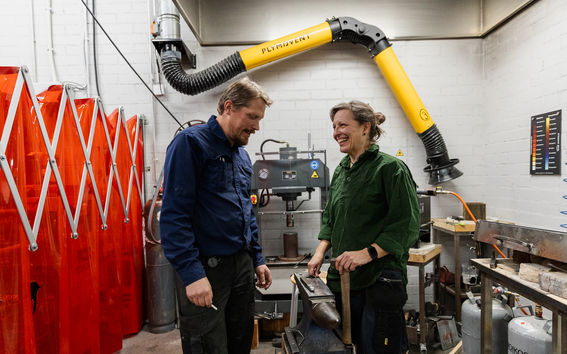
The workshops are the pride of the school—though in the rush of everyday life, the significance of these excellent facilities for students and researchers can sometimes be overlooked.
“Working with your hands is just as valuable a skill as any other academic expertise,” Mastola explains.
The workshop masters form a close community, centered on problem-solving, creativity, and continuous improvement. Additionally, they possess exceptional pedagogical skills, enabling them to share their extensive knowledge and passion with students.
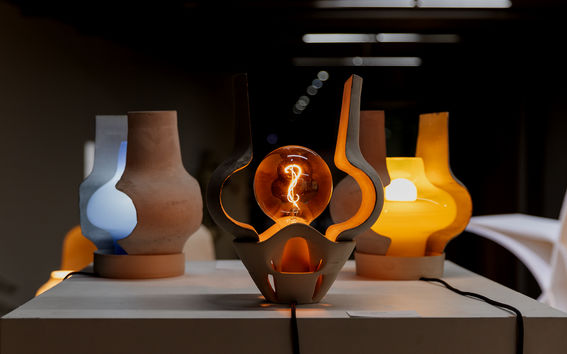
This ’n’ That – Processes and new experiments
The planning for the exhibition began a couple of years ago, when Mastola organized a “Game of Gnomes” workshop before Christmas, where the workshop masters visited each other’s workshopsand worked together. This workshop helped them get to know each other better and appreciate the unique qualities of each workshop.
The following year, the “Game of Gnomes” was held again, and afterward, the workshop masters felt ready to organize a joint exhibition.
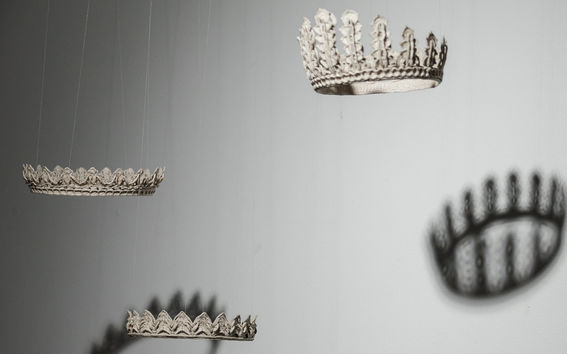
The exhibition’s name, This ’n’ That, originated from the idea of creating a kind of “cabinet of curiosities,” where visitors could discover a variety of things. It wasn’t conceived as an art exhibition; instead, participants were free to present their processes and explore completely new experiments. Some of the workshop masters chose to delve deeply into their chosen themes.
“Workshop masters are very diligent in their daily work and finding time to create pieces for the exhibition proved challenging. I’m thrilled that so many participated,” Mastola said.
The exhibition will return next autumn under the same name. “The This ’n’ That theme continues. It’s a lovely name because it was initiated by the workshop masters—just as spontaneously as many other things in life.”
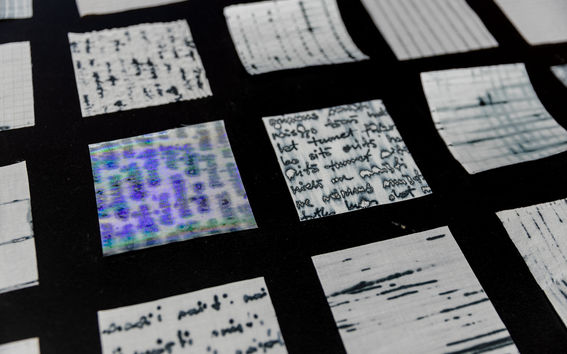
Workshops at the heart of education
Workshops are the foundation of all activities at the School of Arts, Design and Architecture. They primarily support coursework, final projects, and research, while also preparing students for practical work life.
Teemu Mäntylä, the workshop master from the metal workshop, explained that workshops strongly encourage students to think responsibly and embrace sustainable practices.
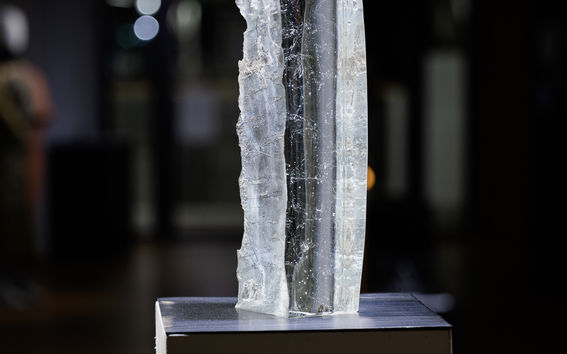
“Designers need to see beyond the spark of metal and the shape of the product. The world needs responsible designers with a comprehensive understanding of the environmental impacts of their work and the materials they use.”
“Sometimes students want to use rare or unconventional materials, and we challenge those choices, aiming for realism. The goal is to create long-lasting, timeless products,” Mäntylä noted.
Workshop masters always tread lightly in their guidance, ensuring they don’t dampen a student’s passion or creativity. Instead, they find a more responsible way to bring their ideas to life.
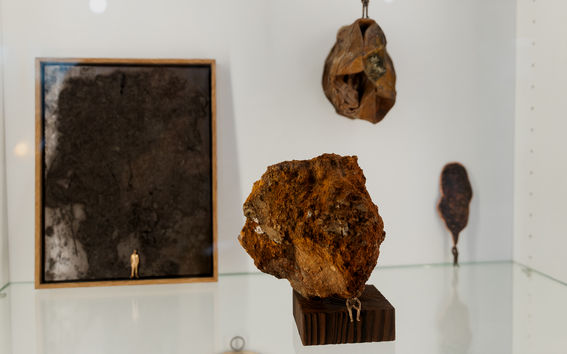
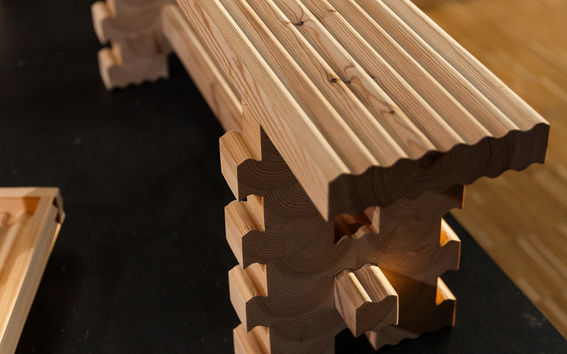
In workshops, process management also becomes a reality in its own way. According to the workshop masters, it’s crucial for students to have the right materials at hand. Mistakes made in the design process are reflected either in the cost of nature, economy or time.
The greatest joy in the work comes from seeing students succeed and sharing in their accomplishments. “We know we’ve been part of the process, even if we aren’t mentioned in the acknowledgments. It’s wonderful to enable a student’s journey and support their growth,” Mastola says with pride.
From the perspective of workshop masters, the most important thing is for students to succeed and secure jobs that match their education. “We’re here for the students,” Mastola concludes.
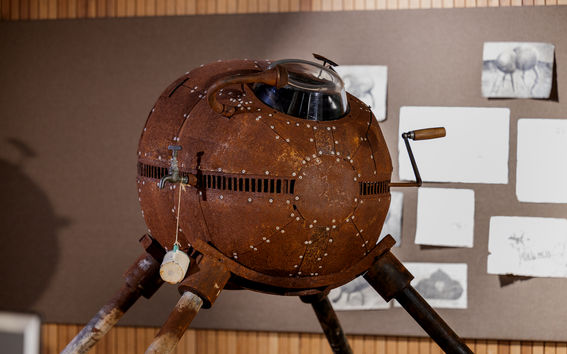
Read more news

Significant donation to boost pavement engineering research and education
Companies and associations in the field have donated €400,000 to the School of Engineering.
Design strengthens industrial competitiveness – human-centered factory work at the core
Factory work is undergoing a transformation: new technologies and artificial intelligence are changing the content and roles of work. Aalto University’s Department of Design is studying this change from a human-centered perspective in the HiFive project.
Learning to slow down: cold-water swimming benefits explored in new study
Swimming in cold water offers a temporal slowdown, promoting stress management and mental clarity that lingers long after the experience, says research from Finland.






